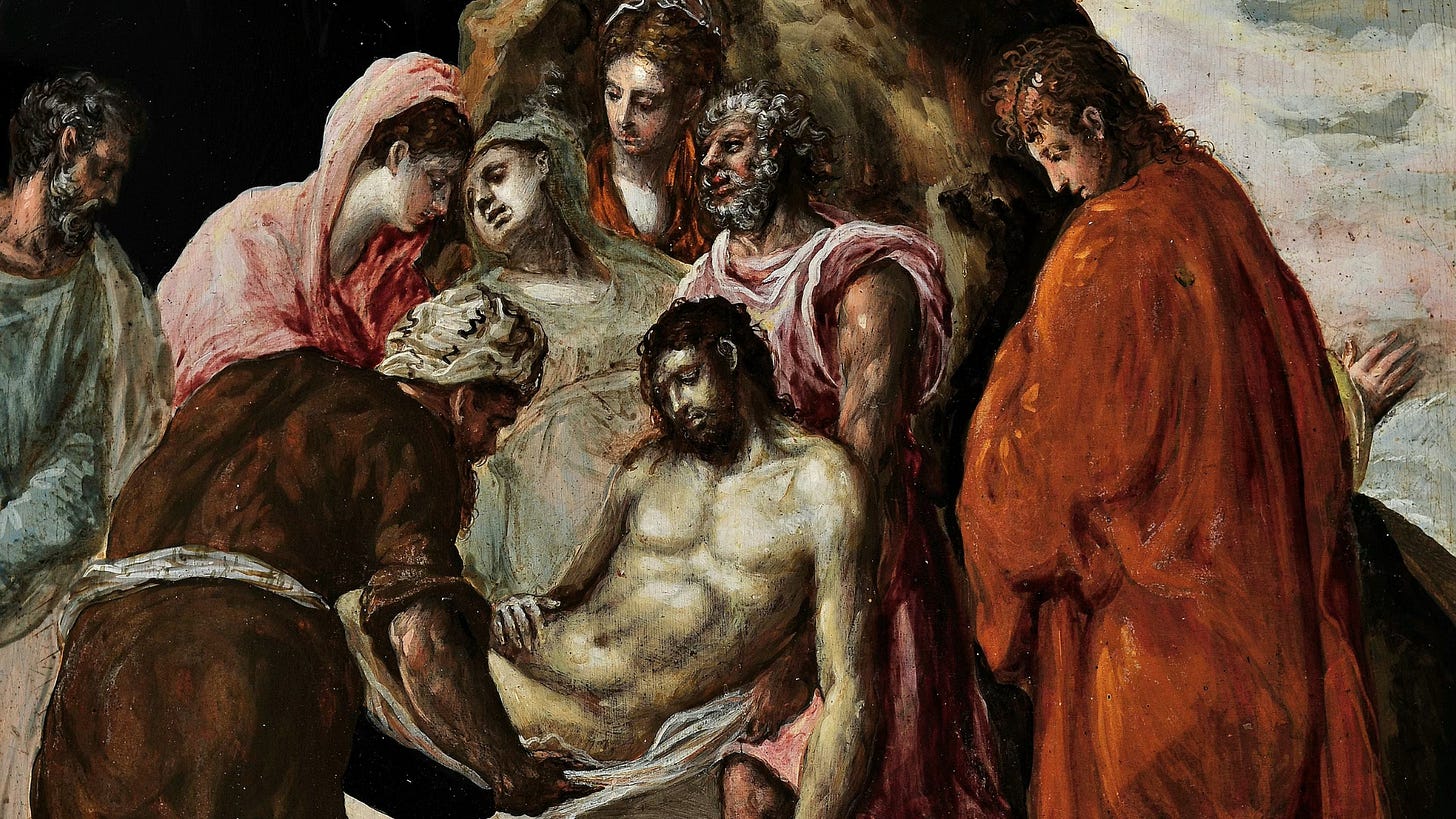Hearts on Fire, Ears Full of Grace
Todd Brewer on the best news that changes everything as we know it.

The sincerest delight of my life is studying and communicating the gospel, a venture that is accompanied by no terminus or end-point to the joy it imparts. Despite what the faces of the congregation might look like on any given Sunday, the gospel is an inherently effervescent message, imbuing its recipients with nothing short of the joy of the Lord. It announces all manner of blessing and kindness for sinners because of what Christ has done. It is unfathomably profound and uncannily simple. Scholars can spend lifetimes mining the depths of the gospel for theological discussions, essays, and lectures, which unfold its finer points. And yet, five-year-olds are equally as capable of receiving and being changed by its truth. That’s God’s good news. It is endlessly compelling, marvelously life-changing, and strikingly evergreen. No matter my eloquence or lack thereof, the gospel proceeds unblemished. It is the Word of the Father, which concerns the work of the Son, carried along by the ministry of the Spirit, resurrecting and redeeming every blight with which it comes in contact. It’s the best news ever.
In “The Best News That Changes Everything,” Mockingbird editor and writer Todd Brewer articulates well the engrossing mercy of the gospel. “From the very beginning of Christianity,” Todd says, “people have found themselves captivated by the message of the gospel, their hearts ‘strangely warmed’ with a newfound sense of freedom and an easing of the burdens they carried.” I can’t help but think of the two disciples who unknowingly encounter the risen Christ on the road to Emmaus. Following Jesus’s mind-blowing Bible study and subsequent communion with them, Luke reports that “their eyes were opened,” having finally recognized not only who had been with them, but also what his message was all about. “Did not our hearts burn within us while he talked to us on the road, while he opened to us the Scriptures?” they exclaim (Luke 24:33). Hearts set ablaze by the Word of unmerited favor and unconditional forgiveness have always been indelible features of the gospel, of the preached Word of God. Here’s how Todd puts it:
The good news promises in Christ to resurrect us undeserving corpses. The only thing that matters is the life-giving pronouncement of Christ: the forgiving love of our savior, the cessation of judgment in his arms, and the assurance that all will be excellent in the end. The response of faith to such a promise undividedly binds one to this singular event, thereby dislodging us from the world and its false promises of life. The message of the gospel is the intrusion from above into our lives in this world to radically alter our relationship to the world. It is the best news that changes everything.
This, Lord willing, is the news to which you are privy Sunday after Sunday. It is the seminal declaration of grace for sinners and scoundrels; of God’s merciful patience with stubborn rogues like you and me. It is the otherworldly Word that rescues those in the dust of death, dispossessing us of all the lesser hopes and transfixing us on the God of Hope. Despite how frequently church leaders seem to forget it, the gospel is the only message the church has to offer, which is a good thing since it’s the only message we need to hear. “The gospel,” R. C. H. once wrote in a similar vane, “is not only truth and divine reality, it is the most blessed truth in the universe, the most personal truth for every sinner, that reaches into his inmost soul in order to save him from the curse and the doom of his sin by making him God’s own through the Savior Christ.”1
The rekindling of those who sit in pews on a weekly basis isn’t tied to some undiscovered secret or esoteric discipline. Neither is it found in the halls of Harvard or Washington. No amount of ethical instruction, moral invectives, or spiritual insights can accomplish what the preached Word of God accomplishes. The aspiration to set hearts ablaze with the truth of God is tethered to the audacious announcement that God has come to both dwell with and die for us, willingly assuming and, indeed, subsuming all our guilt and shame in the process. The gospel is the best news there is, and is even now penetrating our rubbled lives with resurrection in its nail-scarred hands.
Grace and peace to you, friends.
R. C. H. Lenski, The Interpretation of St. Paul’s Epistle to the Romans (Minneapolis, MN: Augsburg, 1961), 75.


